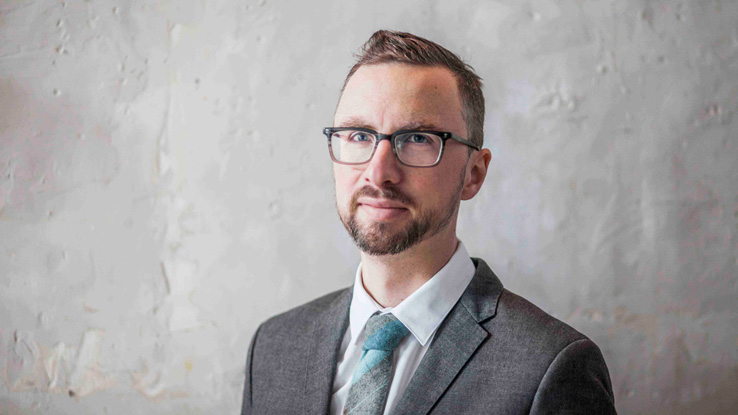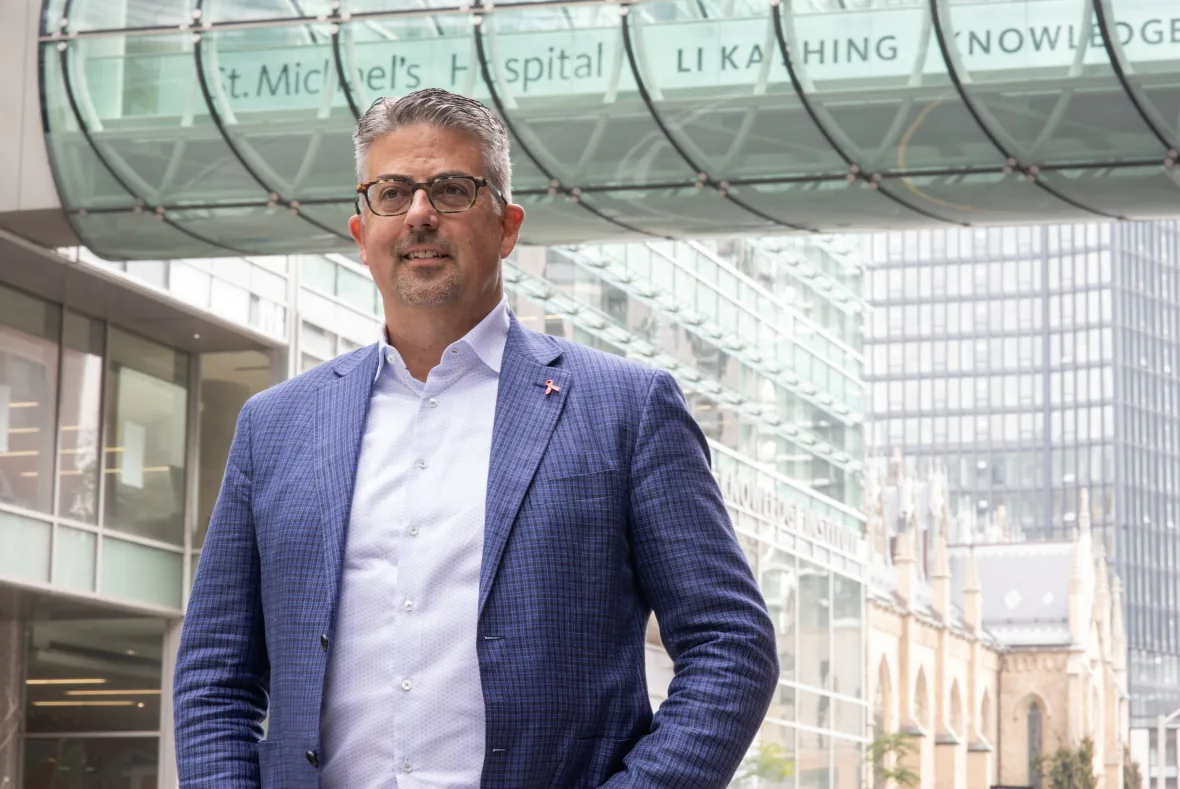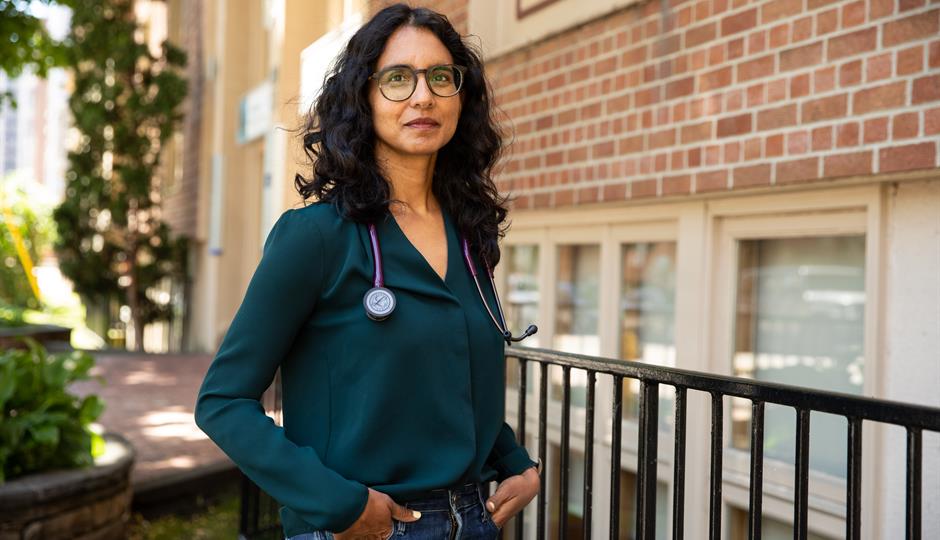Attn: The Honourable Jean-Yves Duclos,
Minister of Health, Government of Canada
House of Commons
Ottawa, Ontario K1A 0A6
Dear Minister Duclos,
We are infectious disease physicians, medical microbiologists, and other experts from across Canada. We are warning the federal government that Canada is in the midst of a rapidly growing monkeypox epidemic. As with infectious diseases such as COVID-19 and tuberculosis, slowing transmission necessitates people isolating from others. Without immediate access to isolation supports, however, it is impossible for most people to follow this recommendation.
Under the current system, when someone is asked to isolate, they have to largely figure out how to manage the situation on their own. Most people do not have the space to effectively isolate from household members, and some live in congregate settings such as shelters. Many people can’t give up essential care-giving duties, or take time off work without losing money needed for rent or food. In addition, while people isolate, they need access to basics such as groceries and medication.
Given this impossible situation, some people may avoid getting tested for monkeypox even if they have symptoms or a known exposure. As a result, people may go without treatment, which can lead to worse individual health outcomes as well as a sustained epidemic in the community. These problems are further exacerbated by social inequities. To date, the global monkeypox epidemic has disproportionately affected sexual minorities, many of whom face food and housing insecurity due to systemic discrimination. These inequities may be compounded for those facing discrimination on the basis of race, ethnicity, Indigeneity, immigration status, gender identity, HIV status, disability, substance use, social class, or religion.
The solution is clear—immediate and permanent federally-funded wrap-around supports for people with confirmed or suspected cases of infectious diseases that require isolation, and people who may have been exposed and are asked to isolate. There is ample evidence that supports are what make isolation work. In the context of the COVID-19 pandemic, we learned that many people want to isolate, and will do so with the right supports.1,2
These supports have been recommended by community organizations and experts across Canada and include:
- Immediate emergency financial supports for people required to isolate because of an infectious disease, without exception, including via waiver of the one-week waiting period for Employment Insurance benefits. This should include special benefits similar to those that supported COVID-19 mitigation, including the Canada Recovery Sickness Benefit and the Canada Recovery Caregiving Benefit. This support must extend to anyone required or recommended by public health to isolate because of any infectious disease (including monkeypox infection, tuberculosis, COVID-19), irrespective of proven employment status.
- Funding for community-based, frontline service organizations and other institutions as appropriate to enable the immediate roll-out of wrap-around services. These include:
– Temporary housing for those who can’t self-isolate in their current situation;
– Delivery of groceries and other essential items.
Canada is already in the midst of a monkeypox epidemic. The time to act is now. We know what we need to do. Now we are waiting for the federal government to act.
Sincerely,
Dr. Darrell Tan, Infectious Disease Physician, St. Michael’s Hospital; Scientist, MAP Centre for Urban Health Solutions; Canada Research Chair in HIV Prevention and STI Research
Dr. Sharmistha Mishra, Infectious Disease Physician, St. Michael’s Hospital; Scientist, MAP Centre for Urban Health Solutions; Canada Research Chair in Mathematical Modeling and Program Science
Dr. Adrienne Chan, Infectious Disease Physician, Sunnybrook Health Sciences
Dr. Rupert Kaul, Director, Division of Infectious Diseases at the University of Toronto and University Health Network
Andrew M. Morris, Physician, Sinai Health and University Health Network
Dr Amila Heendeniya, Physician, University of Manitoba
Dr. Valerie Sales, Infectious Diseases Physician, Markham Stouffville Hospital, Oak Valley Health.
Dr. Carl Boodman, R6, Infectious Diseases and Medical Microbiology resident, University of Manitoba
Dr. Mariah Hughes, Physician, Infectious Diseases Fellow. University of Toronto
Dr. Adrienne Showler, Physician, Toronto General Hospital, St. Michael’s Hospital
Dr. Mara Waters, Resident, St Michael’s Hospital
Dr. Greg German, Medical Microbiologist St. Michael’s Hospital and St Joseph’s Health Centre, Staff Physician Chronic Infection Clinic St Joseph’s Health Centre
Terence Wuerz, Infectious Diseases Physician, St. Boniface Hospital, Winnipeg, MB
Dr. Sharon Walmsley, Infectious Diseases Physician, University Health Network, Senior Scientist, Toronto General Hospital Research Institute, Director Immunodeficiency Clinic, University Health Network, University of Toronto
Dan Werb, Director, Centre on Drug Policy Evaluation, St. Michael’s Hospital
Dr. Sean Hillier, Assistant Professor & York Research Chair in Indigenous Health Policy, York University
MIchel Alary, Professor and medical epidemiologist , CHU de Québec -Université Laval Québec
Dr. Andrew Eaton, Assistant Professor, University of Regina
Dr. Jason Brophy, Pediatric Infectious Diseases Physician, Children’s Hospital of Eastern Ontario
Dr Justin Penner, Paediatric Infectious Diseases Physician, Children’s Hospital of Eastern Ontario
Dr. Ann Burchell, Scientist, St. Michael’s Hospital, Unity Health Toronto
Dr. Troy Grennan, Physician Lead, HIV/STI Program, and Infectious Diseases Physician, BC Centre for Disease Control
M-J Milloy, PhD, Canopy Growth Professor of Cannabis Science, University of British Columbia; Research Scientist, British Columbia Centre on Substance Use
Dr. Angela Kaida, Associate Professor and Canada Research Chair, Faculty of Health Sciences, Simon Fraser University
Jean-Pierre Routy, McGill University
Jorge Martinez-Cajas, Infectious Disease Physician, Kingston Health Sciences Centre, Queen’s University
Mona Loutfy, Physician, Women’s College Hospital & Maple Leaf Medical Clinic
Dr Maxime Billick, Chief Medical Resident, Toronto General Hospital
Dr. Marek Smieja, St. Joseph’s Healthcare Hamilton & McMaster University
Dr Joss de Wet, Family physician, Spectrum Health; Clinical Assoc Professor, Dept Family Medicine, UBC
Dr. Charles Hui, Chief, Division of Infectious Diseases, Immunology and Allergy, CHEO, Ottawa
Dr. Sofia Bartlett, Adjunct Professor, University of British Columbia
Dr. Brian Conway, Vancouver Infectious Diseases Centre, Simon Fraser University
Dr. Bertrand LEBOUCHE, clinician scientist, McGill University Health Centre
Dr. Vanessa Allen, Medical Microbiologist and Infectious Diseases Specialist, Sinai Health and University Health Network
Wangari Tharao, Director of Research and Programs, Women’s Health in Women’s Hands CHC
Dr. Paul MacPherson, Physician, The Ottawa Hospital and University of Ottawa
Dr. Janine McCready, Infectious Diseases Physician, Michael Garron Hospital
Dr. Thomas Dashwood, Infectious Diseases Physician, University of Toronto
Dr. Megan Landes, Physician, Emergency Department, University Health Network
Dr. Brian Hummel, Infectious Diseases Physician (Fellow), Children’s Hospital of Eastern Ontario
Dr. Daniel Grace, Associate Professor, Dalla Lana School of Public Health, University of Toronto
Dr. Jeff Powis, Medical Director IPAC, Michal Garron Hospital
Dr. Sheliza Halani, Resident Physician, Women’s College Hospital
Dr. Matthew P. Muller, Infectious Diseases Physician, St. Michael’s Hospital; Medical Director of Infection Prevention and Control, Unity Health Toronto
Dr. Reena Lovinsky, Medical Director, Infection Prevention and Control, Scarborough Health Network, General and Birchmount Hospitals
Dr. Jerome Leis, Infectious Disease, Sunnybrook
Dr. Larissa Matukas, MD, FRCPC, Head, Division of Microbiology, Unity Health Toronto
Dr. Bryan Coburn, Infectious Diseases Physician, University Health Network
Dr. Kevin Schwartz, Infectious Disease Physician, St. Joseph’s Health Centre
Isaac Bogoch, Physician, Toronto General Hospital
Dr. Nisha Thampi, Physician, CHEO
Gregory Walter Rose, MD, FRCPC, Infectious Diseases Physician, Queensway Carleton Hospital
Dr. Nadine Kronfli, Physician, McGill University Health Centre
Zain Chagla, Physician, St. Joseph’s Healthcare Hamilton
Mario Ostrowski , MD, University of Toronto
Dr. Ian Brasg, Medical Director, Infection Prevention & Control, Humber River Hospital
Charlie Tan, Resident Physician, University of Toronto
Dominik Mertz, McMaster University
Dr. Corinna Quan, Infectious Diseases Physician, Windsor Regional Hospital
Dr. Yoav Keynan, Physician, University of Manitoba, Winnipeg
Dr. Todd Hatchette, Physician, Dalhousie University
Coleman Rotstein MD University Health Network, MD Infectious Diseases Physician, University Health Network
Sarah Khan, Physician, McMaster University
Manal Tadros, Medical Microbiologist, The Hospital for Sick Children
Dr. Christopher Graham, Infectious Diseases Physician, Trillium Health Partners
Dr. Gregory Deans, Infectious Diseases Physician, Fraser Health
Dr. Gordon Dow, Physician, The Moncton Hospital
Dr. Theresa Liu, Infectious Disease Physician, Grand River Hospital/St. Mary’s General Hospital, and Sanguen Health Centre
Dr. Dwight Ferris, Infectious diseases consultant physician, Kelowna General Hospital
Yasmeen M Vincent, Medical Microbiologist LifeLabs, ON
Dr. Gary Garber , Professor , Department of Medicine and the School of Public Health and Epidemiology, University of Ottawa, Director Safe Medical Care Research
Dr. Anne E McCarthy, Infectious Diseases Physician Ottawa Hospital
Dr. Devika Dixit, Pediatric ID Physician, Calgary, Canada
Dr Ruchika Gupta, Resident , Medical Microbiology, University of Toronto
Dr. Philippe Lagacé-Wiens, Physician, Shared Health
Yvonne Shevchuk, Pharmacist, College of Pharmacy and Nutrition
Dr. Rob Kozak, Clinical microbiologist, Sunnybrook Health Sciences Centre
Dr. Abdu Sharkawy, Infectious Diseases, University Health Network
Dr. Geneviève Bergeron, Public health Physician, Montreal Public Health
Dr. DB Gregson FRCPC, University of Calgary
Dr. Dwight Ferris, Kelowna General Hospital
Dr. Shannon Turvey, Physician, Vancouver General Hospital
Dr. Byron M. Berenger, Medical Microbiologist, University of Calgary
1. Cevik M, Baral SD, Crozier A, Cassell JA. Support for self-isolation is critical in covid-19 response. BMJ. 2021 Jan 27;372:n224. doi: 10.1136/bmj.n224. PMID: 33504501.
2. Thompson, Alison, Stall NM, Born KB, et al. Benefits of paid sick leave during the COVID-19 pandemic. Science Briefs of the Ontario COVID-19 Science Advisory Table. 2021;2(25). https://doi.org/10.47326/ocsat.2021.02.25.1.0.
cc: The Honourable Chrystia Freeland, Deputy Prime Minister and Minister of Finance
cc: The Honourable Marci Ien, Minister for Women and Gender Equality and Youth
cc: The Honourable Carla Qualtrough, Minister of Employment, Workforce Development and
Disability Inclusion
cc: The Honourable Karina Gould, Minister of Families, Children and Social Development
cc: The Honourable Seamus O’Regan Jr., Minister of Labour
cc: The Honourable Randy Boissonnault, Minister of Tourism and Associate Minister of Finance
cc: The Honourable Kamal Khera, Minister of Seniors
cc: Mr. Michael Barrett, MP for Leeds-Grenville-Thousand Islands and Rideau Lakes
cc: Mr. Randall Garrison, MP for Esquimalt-Saanich-Sooke
cc: Mr. Luc Thériault, MP for Montcalm




